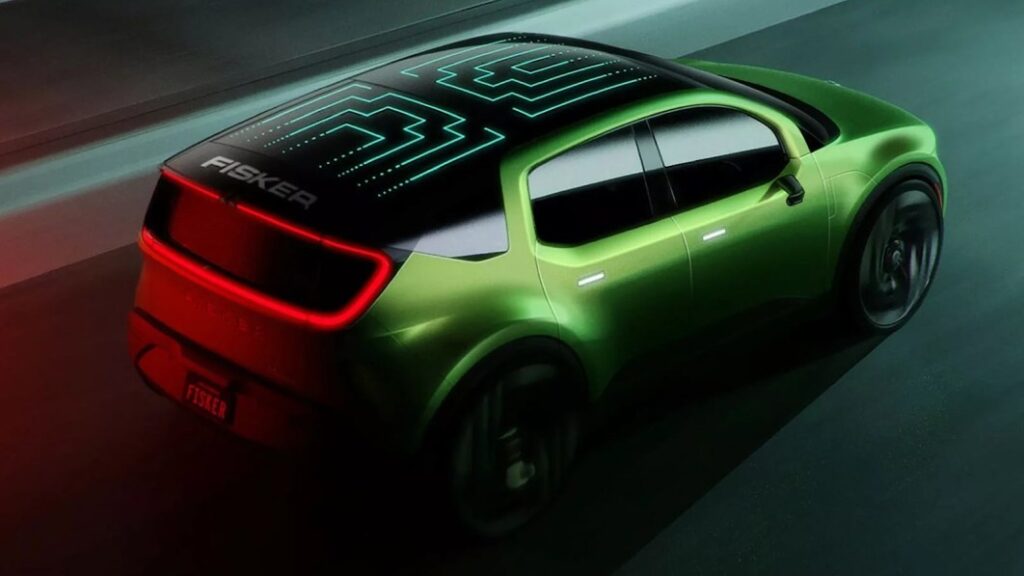Fisker earnings call touts the Ocean's arrival, teases the Pear

Henrik Fisker’s on his third go as head of an independent carmaker. It started with Fisker Coachbuild, putting new bodies on German sports cars to create the Tramonto and Latigo. His dreams soon went electric with Fisker Automotive and the Karma. The latest dream revision birthed Fiker Inc, the company behind the Ocean. Based on details provided during the company’s Q4 and full-year 2022 results call with analysts, the third time could well and truly be the charm. The bullet points are a startup’s dream. There are 56 Ocean prototypes on the roads, 15 of them in partner Magna Steyr’s fleet for daily testing and validation. Fisker Inc spent less money than expected in 2022 ($702 million) and has more cash on hand than expected. And if things go smoothly in 2023, the predicted spend and gross margin could leave Fisker Inc with “potentially positive EBITDA [Earnings Before Interest, Taxes, Depreciation, and Amortization] for 2023.” Huge if it happens.
If there’s slightly mixed news, it’s with the Q1 2023 timeline. The good bit is that Fisker says homologation programs in the U.S. and seven European countries are “progressing well,” the processes expected to conclude in March. After that, the company needs to secure final regulatory approvals from the U.S. EPA, California’s Air Resources Board, and the seven international regions. Fisker touted the broad market strategy as lowering risk since getting approved in multiple markets would give the company the option to go where demand is greatest. The target has been to get the first 300 Ocean units delivered by the end of March, Fisker saying the company secured supplier commitments for the quarterly and annual build schedules. With the amount of paperwork yet to be done, though, hitting the March deadline could be close.
After that, according to the CEO, it’s back to uncut good news. Those homologation programs have apparently shown ranges better than expected for the Ocean. Instead of the 350-mile range predicted on the U.S. regime, Fisker thinks “it’s going to be closer to 360 [miles].” Instead of the Europe’s WLTP prediction of 630 kilometers, he said, “I think this will be closer to 700.”
As of the end of February, the company is sitting on roughly 65,000 reservations or orders for the Ocean. The goal is to manufacture 42,000 units this year, the ramp-up going from 300 in Q1 to 8,000 in Q2, more than 15,000 in Q3, and at least 19,000 in Q4. We’ll begin to know what the Ocean is really about when Edition One buyers begin receiving their units.
With the Ocean on a roll, Fisker updated the call audience on the Personal Electric Automotive Revolution (P.E.A.R.) hatchback (pictured above), showing a couple of renderings of the series production design. The company has more than 5,600 reservations for the Pear, still planned to start at $29,900. Aero testing has reportedly supported claims the long-range version will go “well over 300 miles.” On top of that, next-gen functionality and features will be thanks in part to “a truly revolutionary electrical architecture with the many ECUs in the traditional vehicle consolidated down to just a few central computer units, which we call the Blade computer.”
And with plans to release vehicles in other segments, the boss touched on the planned Alaska electric pickup. Said to be a lifestyle truck loosely based on the Ocean, it will “have some amazing features that have never been done on a pickup truck before.” The Ronin convertible is also due for a conceptual debut this year.



